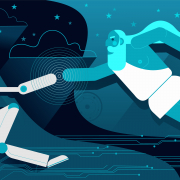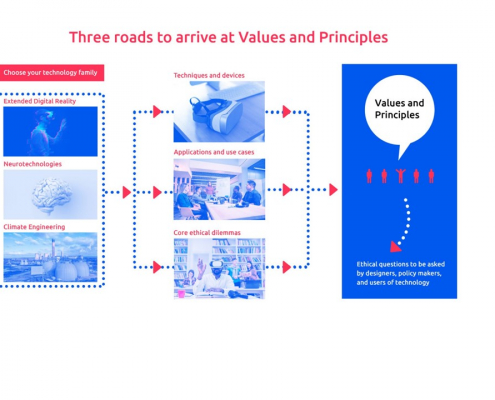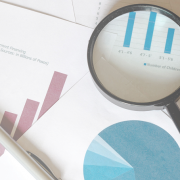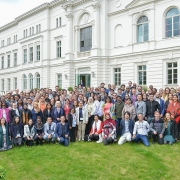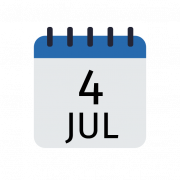New Report Explores the Ethics of Digital eXtended Reality, Neurotechnologies, and Climate Engineering
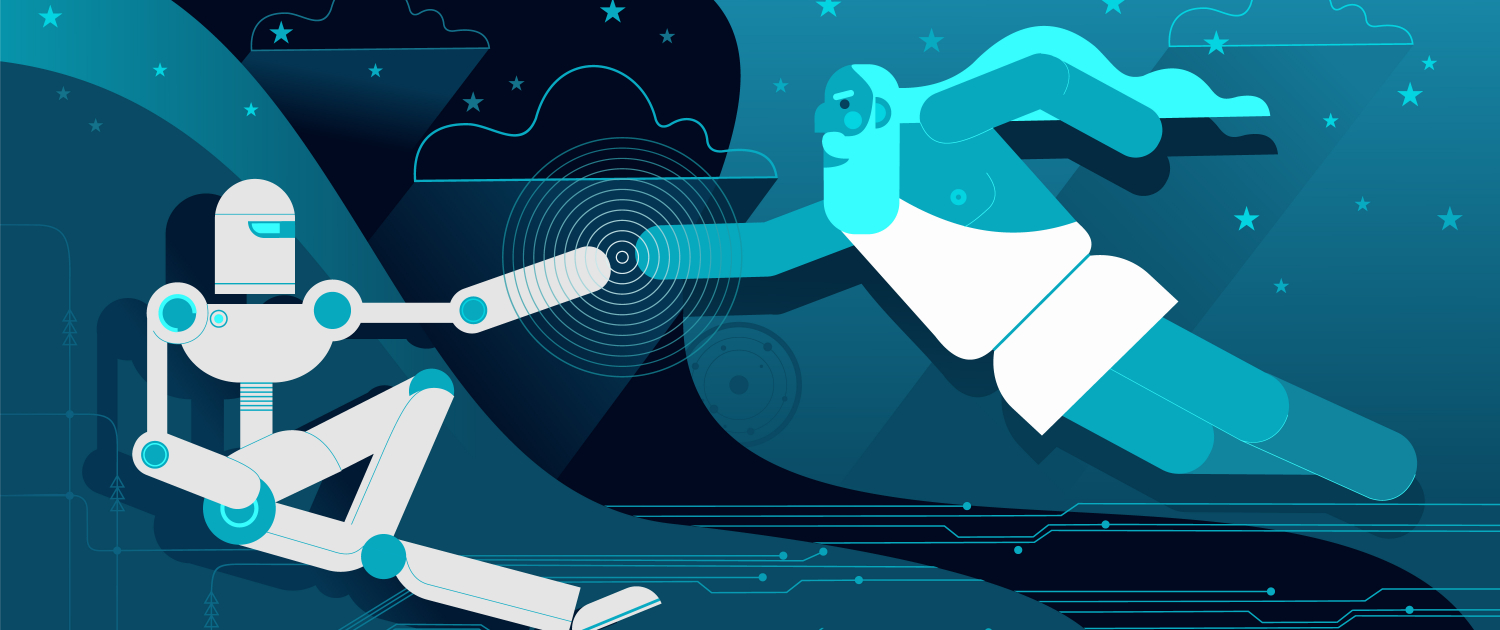
TechEthos project publishes two analyses of the ethics and laws applicable to the three technology families under study
In June 2022, TechEthos (Ethics for Technologies with High Socio-Economic Impact), a Horizon 2020-funded project, published a draft report on the ethical issues that need to be considered for the three technology families under study:
- Digital eXtended Reality, including the techniques of visually eXtended Reality (XR) and the techniques of Natural Language Processing (NLP)
- Neurotechnologies
- Climate Engineering, including Carbon Dioxide Removal (CDR) and Solar Radiation Management (SRM)
The report, co-authored by tech ethicist Laurynas Adomaitis and physicist Alexei Grinbaum at the Commissariat à l’Énergie Atomique et aux Énergies Alternatives (CEA), along with Dominic Lenzi from the University of Twente (TU), is currently under review by the European Commission. It is based on literature studies, original research, expert consultation, and digital ethnographies.
In addition to briefly describing the technologies in each family, the report identifies core ethical dilemmas, describes key applications and case studies, and identifies ethical values and principles in line with the “ethics by design” (the implementation of ethical, legal, and societal values and principles from the conception to implementation stages of technology design) methodology, provides operational checks and balances for each value/principle in the form of questions, and outlines mitigations strategies for the same.
The 142-page report is structured into four chapters, which include an introduction into technology ethics and cross-cutting issues in the three technology families, and a deep-dive into each one. Some examples of the ethical issues unique to the different technologies include:
- The impact of digital eXtended Reality on the values and principles of transparency, dignity, privacy, non-manipulation, and responsibility, as well as their relevance for the analysis of risk reduction, environmental impact, dual use and misuse, gender bias, and power and labour relations
- The lack of human-like reasoning or understanding in NLP systems, spontaneous anthropomorphisation of chatbots, and the influence of artificial emotions on human users
- The impact of neurotechnologies on the values and principles of autonomy, responsibility, privacy, risk reduction, and informed consent
- The potential for less costly, but less effective climate engineering solutions to divert resources away from more sustainable, but more expensive initiatives
- The potential for climate engineering to be more wasteful
Beyond the well-researched and in-depth analysis of the conceptual arguments, there are also helpful use cases and questions that stakeholders can ask when dealing with the ethics of the technologies in each family.
Analysis of international and EU law and policy applied to Digital eXtended Reality, Neurotechnologies, and Climate Engineering
In July 2022, following the analysis of the ethical dilemmas inherent to each technology family studied by TechEthos, a second draft report was published, which delved into the international and EU laws and policies for their relevance and applicability to Digital eXtended Reality, Neurotechnologies, and Climate Engineering. Although there is no dedicated EU or international law governing these three technology families, there do exist several legal frameworks that could be applied to them.
 The report serves to review these legal domains and related obligations at international and EU levels, identifies the potential implications for fundamental rights and principles of democracy and rule of law, and reflects on issues and challenges of existing legal frameworks to address current and future implications of the technologies. The 242-page report covers human rights law, rules on state responsibility, environmental law, climate law, space law, law of the seas, and the law related to artificial intelligence (AI), digital services and data governance, among others as they apply to the three technology families.
The report serves to review these legal domains and related obligations at international and EU levels, identifies the potential implications for fundamental rights and principles of democracy and rule of law, and reflects on issues and challenges of existing legal frameworks to address current and future implications of the technologies. The 242-page report covers human rights law, rules on state responsibility, environmental law, climate law, space law, law of the seas, and the law related to artificial intelligence (AI), digital services and data governance, among others as they apply to the three technology families.
The report was co-authored by Nicole Santiago, Ben Howkins, Julie Vinders, Rowena Rodrigues, and Zuzanna Warso from Trilateral Research (TRI), Michael Bernstein from the AIT Austrian Institute of Technology, and Gustavo Gonzalez and Andrea Porcari from the Associazione Italiana per la Ricerca Industriale (Airi). It aims to present an evidence base for the TechEthos project’s development of recommendations for policy and legal reform, and is currently being reviewed by the European Commission.
—————————————————————–
TechEthos is led by AIT Austrian Institute of Technology and will be carried out by a team of ten scientific institutions and six science engagement organisations from 13 European countries over a three-year period. ALLEA is a partner in the consortium of this project and will contribute to enhancing existing legal and ethical frameworks, ensuring that TechEthos outputs are in line with and may complement future updates to The European Code of Conduct for Research Integrity.

